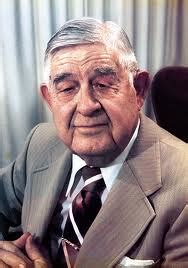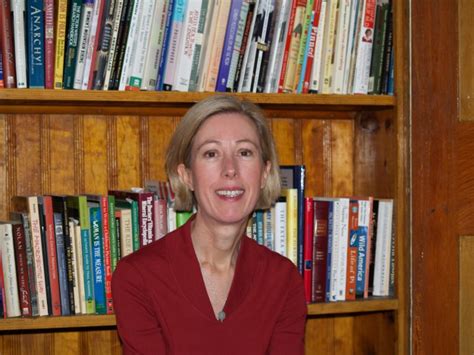A Quote by Billy Graham
The most devastating effect of sin is that by it, we are blinded to it.
Quote Topics
Related Quotes
In my own constituency, the benefit cap has had the effect of social cleansing: of people receiving benefit, but the benefit is capped; therefore, they can't meet the rent levels charged and are forced to move. It's devastating for children, devastating for the family and very bad for the community as a whole.
This doctrine of forgiveness of sin is a premium on crime. Forgive us our sins means Let us continue in our iniquity. It is one of the most pernicious of doctrines, and one of the most fruitful sources of immorality. It has been the chief cause of making Christian nations the most immoral of nations. In teaching this doctrine Christ committed a sin for which his death did not atone, and which can never be forgiven. There is no forgiveness of sin. Every cause has its effect; every sinner must suffer the consequences of his sins.
When sin lets us alone we may let sin alone; but as sin is never less quiet than when it seems to be most quiet, and its waters are for the most part deep when they are still, so ought our contrivances against it to be vigorous at all times and in all conditions, even where there is least suspicion.
The most devastating thing though that biology did to Christianity was the discovery of biological evolution. Now that we know that Adam and Eve never were real people the central myth of Christianity is destroyed. If there never was an Adam and Eve there never was an original sin. If there never was an original sin there is no need of salvation. If there is no need of salvation there is no need of a Savior. And I submit that puts Jesus, historical or otherwise, into the ranks of the unemployed. I think that evolution is absolutely the death knell of Christianity.
The Taliban's acts of cultural vandalism - the most infamous being the destruction of the giant Bamiyan Buddhas - had a devastating effect on Afghan culture and the artistic scene. The Taliban burned countless films, VCRs, music tapes, books, and paintings. They jailed filmmakers, musicians, painters, and sculptors.
We've fallen for the devil's lie. His most basic strategy, the same one he employed with Adam and Eve, is to make us believe that sin brings fulfillment. However, in reality, sin robs us of fulfillment. Sin doesn't make life interesting; it makes life empty. Sin doesn't create adventure; it blunts it. Sin doesn't expand life; it shrinks it. Sin's emptiness inevitably leads to boredom. When there's fulfillment, when there's beauty, when we see God as he truly is-an endless reservoir of fascination-boredom becomes impossible.
Little sins carry with them but little temptations to sin, and then a man shews most viciousness and unkindness, when he sins on a little temptation. It is devilish to sin without a temptation; it is little less than devilish to sin on a little occasion. The less the temptation is to sin, the greater is that sin.





































